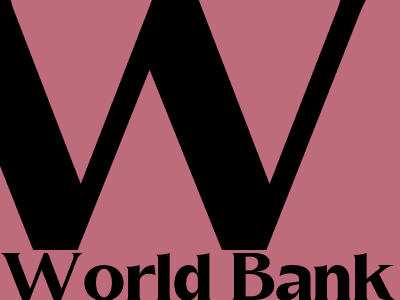
World Bank's Missing Billions: Insider Blows Whistle on 'Routinely Made Up' Records
A bombshell report has revealed that the World Bank has lost track of a staggering $24 billion, raising serious questions about the institution's financial management and accountability.
The allegations stem from an internal whistleblower who provided The Washington Post with a trove of confidential documents. The whistleblower, who spoke on condition of anonymity, claimed that the World Bank's accounting records are "routinely made up," and that senior managers have been deliberately misleading donors about the true state of the institution's finances.
The report alleges that the World Bank has been using a complex system of accounting tricks to hide its financial losses. For example, the bank has reportedly been classifying loans that are unlikely to be repaid as "performing," and using creative accounting methods to inflate the value of its assets.
The whistleblower's allegations have sent shockwaves through the development community. The World Bank is one of the world's largest financial institutions, and its credibility is essential for the global fight against poverty.
The loss of $24 billion is a major setback for the World Bank, and it is likely to damage the institution's reputation for many years to come. The scandal is also a blow to efforts to combat corruption and improve financial accountability in the developing world.
The allegations against the World Bank are still under investigation, but they have already had a significant impact. The bank's president, David Malpass, has been forced to apologize for the scandal, and he has promised to take steps to improve the institution's financial management.
The World Bank has also launched an internal investigation into the allegations, and it has hired an independent auditor to review its accounting practices. The results of the investigation are expected to be released in the coming months.
The World Bank scandal is a reminder of the importance of transparency and accountability in the financial sector. It is essential that financial institutions are held to the highest standards of integrity, and that they are subject to rigorous oversight.